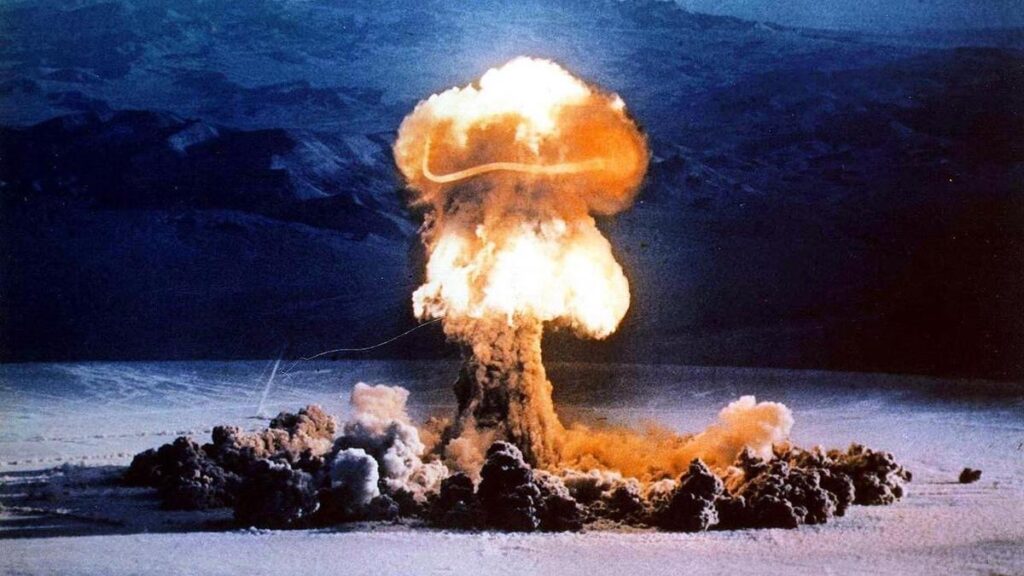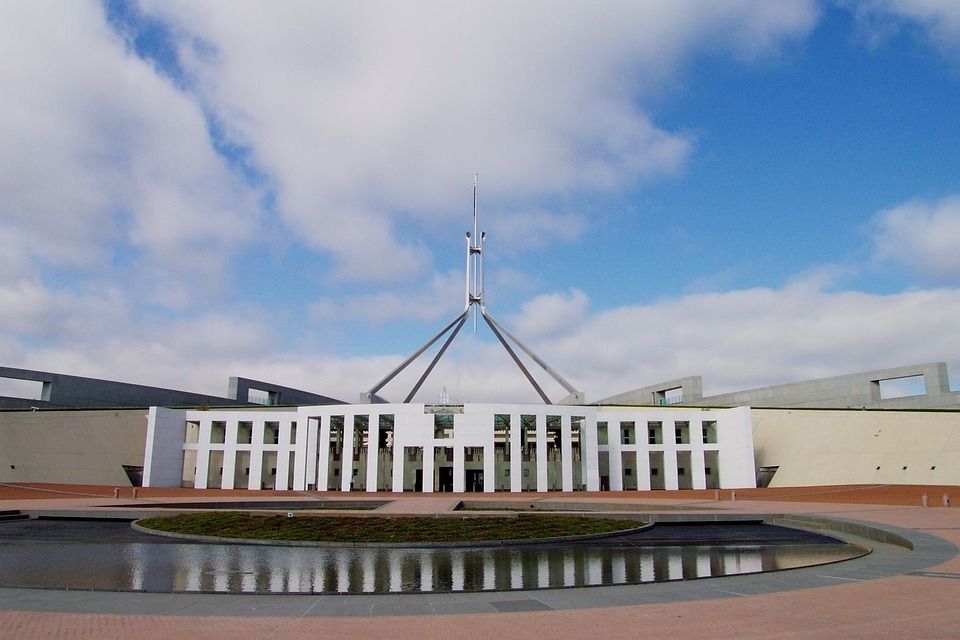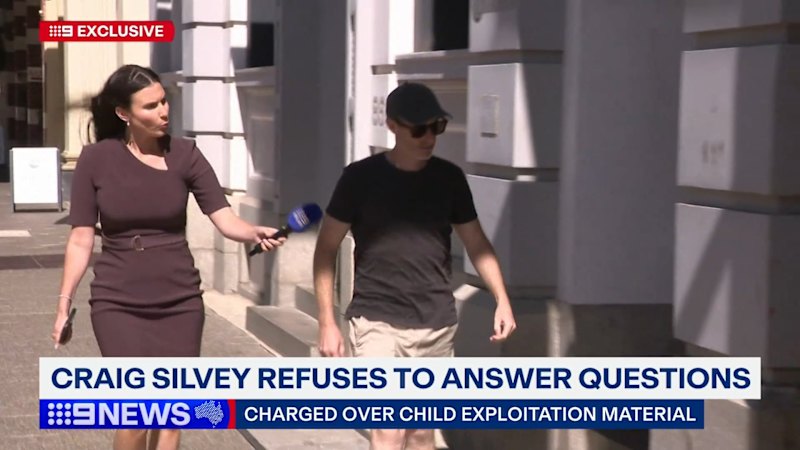
President Donald Trump has directed the Pentagon to resume testing nuclear weapons, marking the first such activity in 33 years. This announcement, made on October 21, 2023, via his social media platform Truth Social, is seen as a strategic move in response to the increasing nuclear capabilities of China and Russia. Trump was aboard Marine One, en route to meet Chinese President Xi Jinping for trade negotiations in Busan, South Korea, at the time of the declaration.
In his post, Trump stated, “I have instructed the Department of War to start testing our Nuclear Weapons on an equal basis. That process will begin immediately.” He emphasized that the United States must keep pace with its rivals, particularly highlighting that “Russia is second, and China is a distant third, but will be even within five years.” His comments come as both China and Russia have been enhancing their nuclear arsenals, with China reportedly doubling its stockpile over the past five years.
The specifics of Trump’s directive are unclear, particularly whether it pertains to nuclear-explosive testing or missile flight tests. Russia has been active in its own nuclear capabilities; on October 21, it tested a new nuclear-powered cruise missile, followed by nuclear readiness drills on October 22 and another test of a nuclear-powered autonomous torpedo on October 28. In response to Trump’s announcement, Kremlin spokesman Dmitry Peskov stated that Russia was unaware of any recent nuclear weapons testing by other nations, adding that any testing by the United States would lead to further escalation.
No nation, aside from North Korea in 2017, has conducted explosive nuclear tests for over 25 years. The last nuclear test by the Soviet Union occurred in 1990, while the United States last tested in 1992 and China in 1996. China’s Foreign Ministry responded to Trump’s remarks by urging the United States to adhere to a moratorium on nuclear testing, stressing that such actions could destabilize global peace and security.
According to Robert Floyd, head of the Comprehensive Nuclear-Test-Ban Treaty Organization, any explosive nuclear weapon tests would undermine international efforts for non-proliferation. He stated, “Any explosive nuclear weapon test by any state would be harmful and destabilising for global non-proliferation efforts and for international peace and security.”
During his return flight to Washington, Trump reiterated the need for the United States to conduct tests to maintain its status amid growing threats. He remarked, “With others doing testing, I think it’s appropriate that we do also.” He also mentioned that specific testing sites would be decided at a later date. When questioned about the potential risks of escalating nuclear tensions, Trump downplayed these concerns, asserting that U.S. nuclear stockpiles were secure and suggesting that he would welcome a move towards denuclearisation.
The backdrop of Trump’s announcement includes China’s rapid expansion of its nuclear arsenal and Russia’s recent claims of successful missile tests. U.S. military officials estimate that China could possess over 1,000 nuclear weapons by 2030. Currently, the United States maintains a stockpile of approximately 5,225 nuclear warheads, while Russia has around 5,580, as reported by the Washington-based Arms Control Association.
Daryl Kimball, director of the Arms Control Association, expressed concern over Trump’s announcement, stating that it may take the U.S. at least 36 months to resume contained nuclear tests, describing the president’s understanding of the situation as “misinformed and out of touch.”
The implications of Trump’s directive could reshape the landscape of nuclear deterrence and international relations, particularly with existing tensions among nuclear powers.







